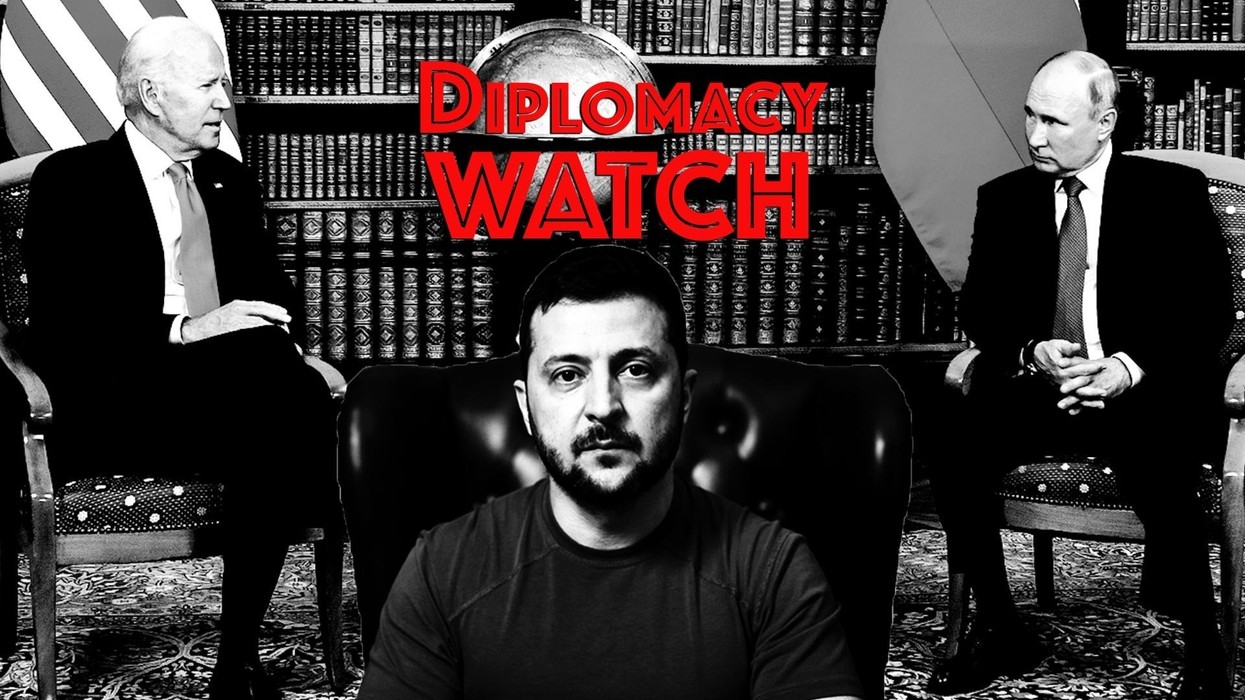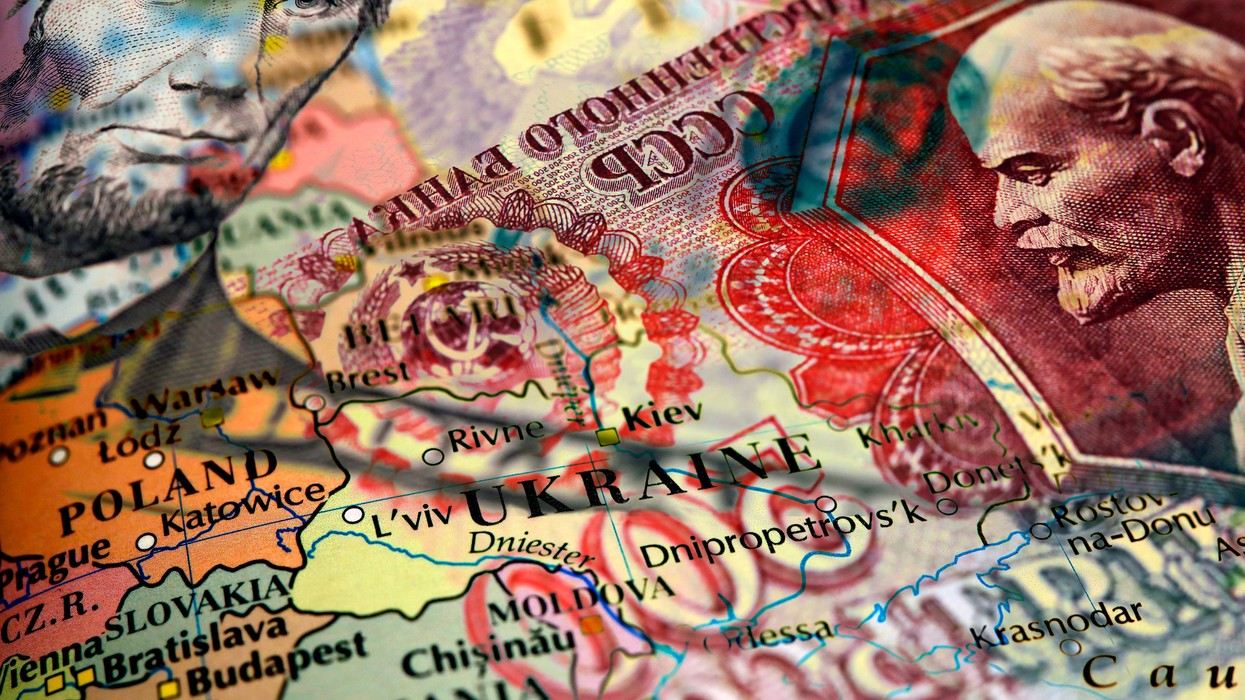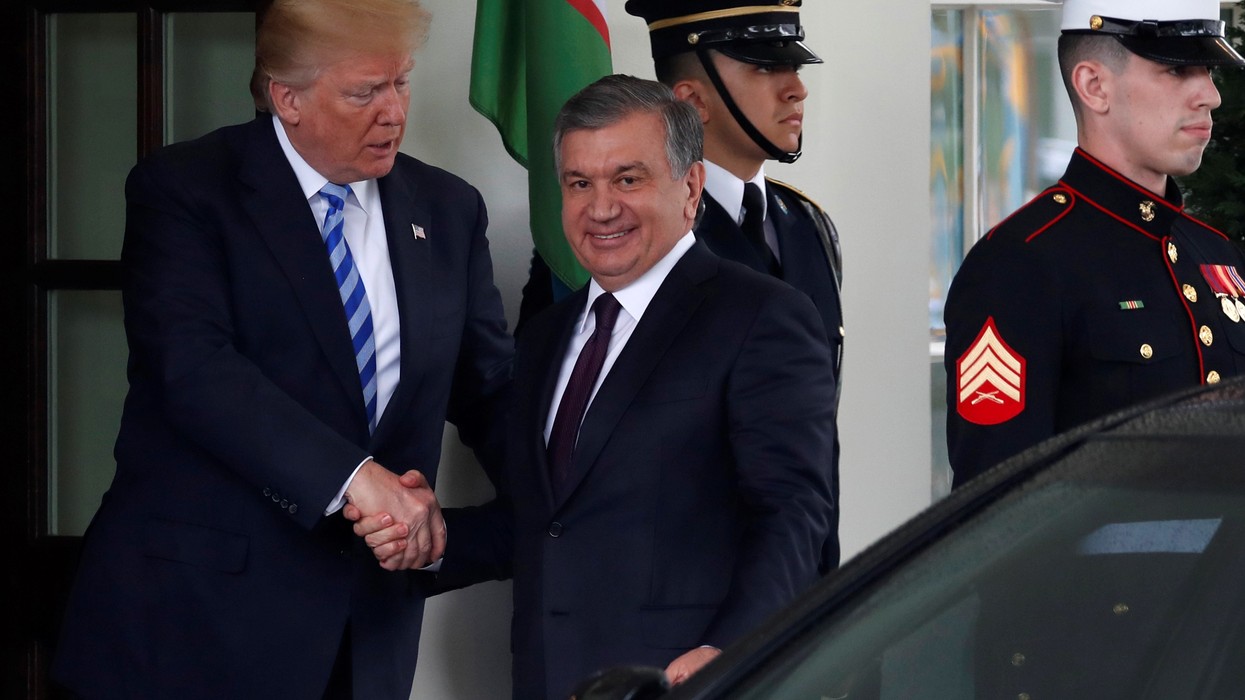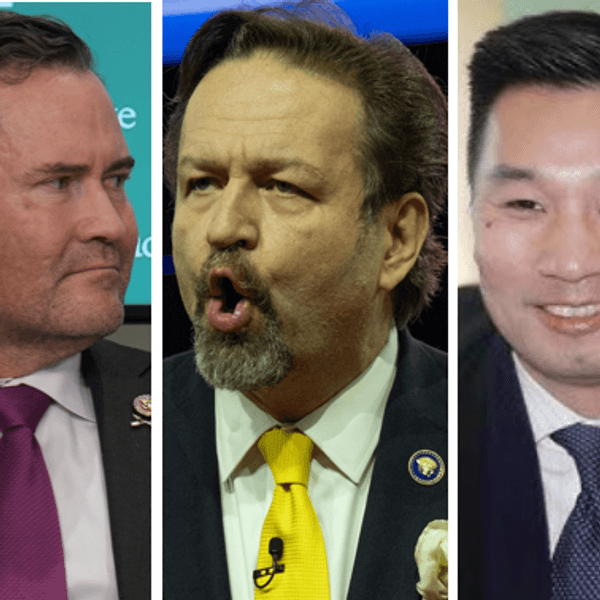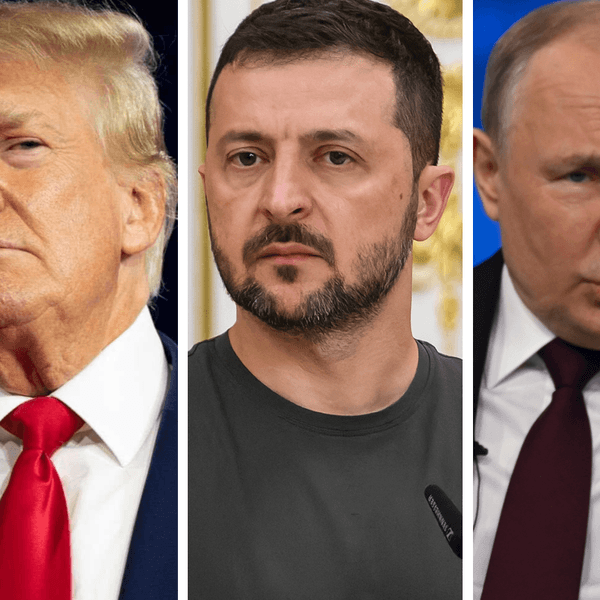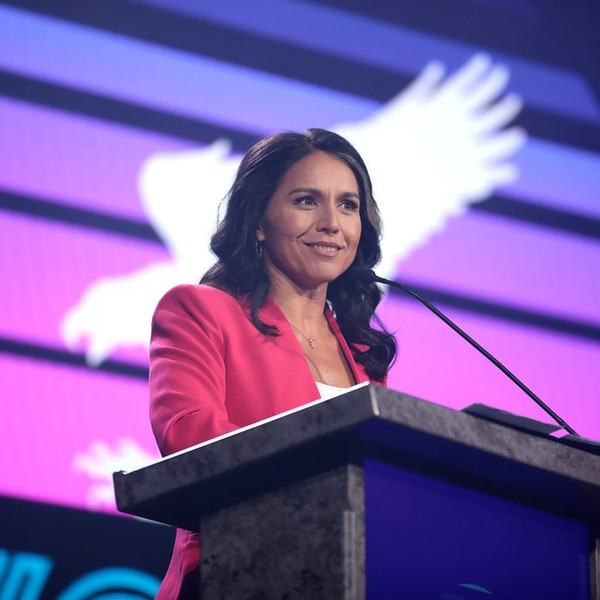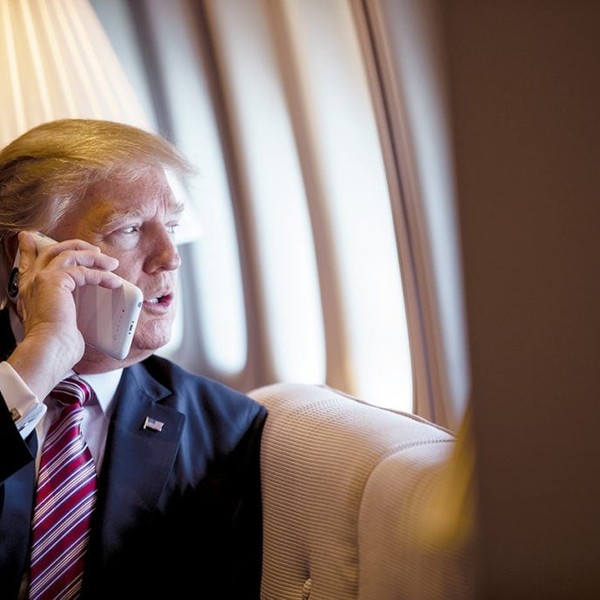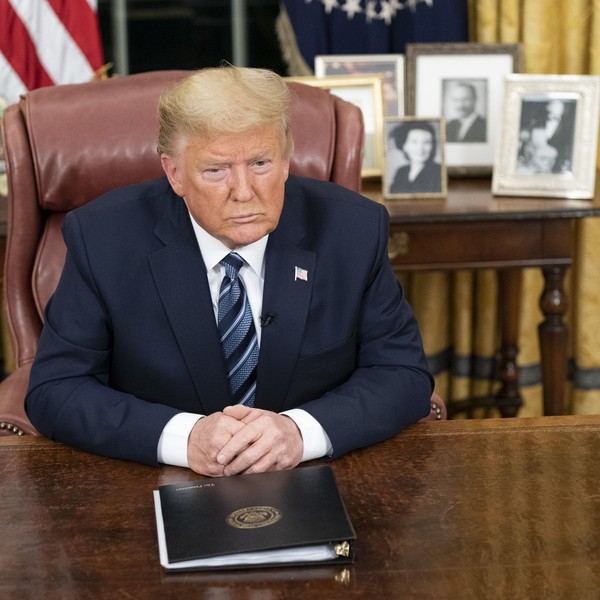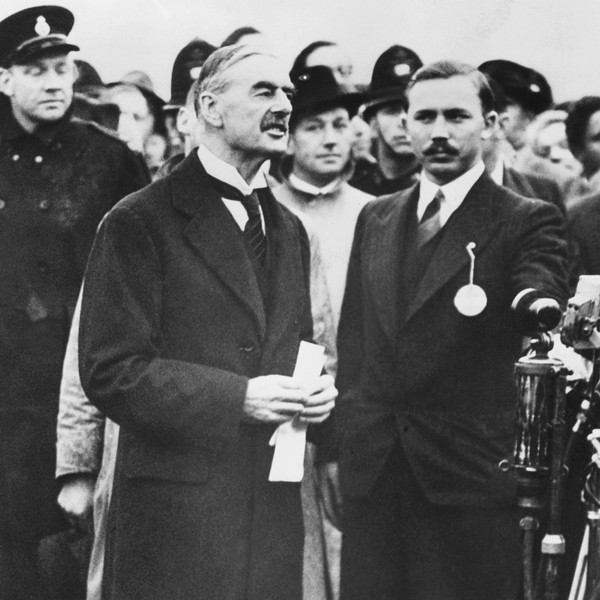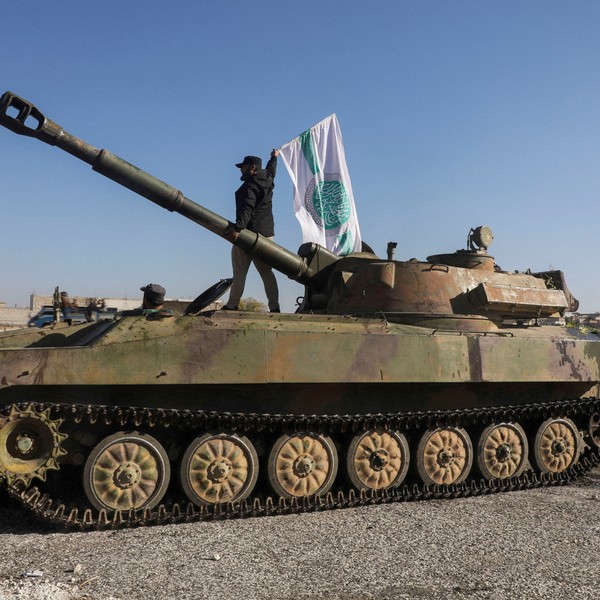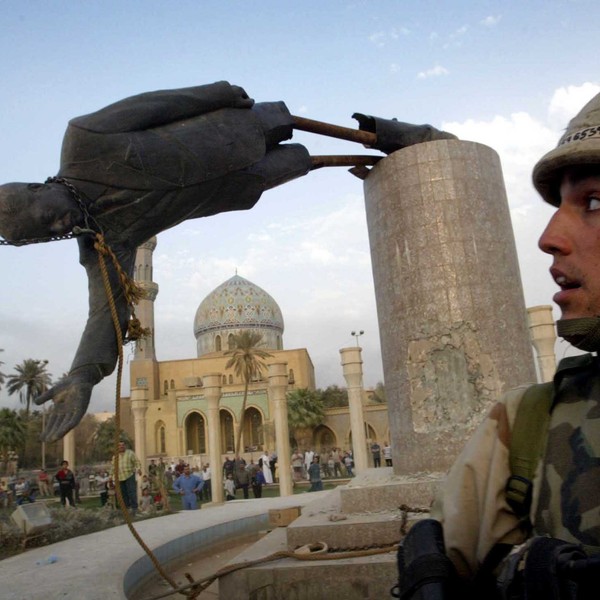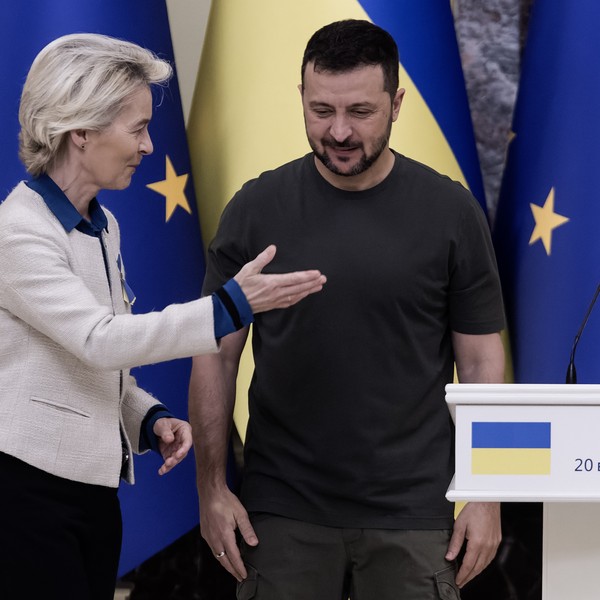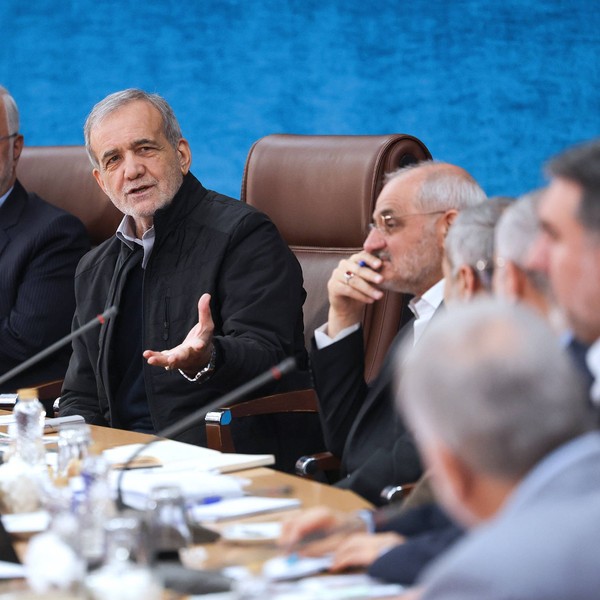Since the Taliban takeover of Afghanistan in August 2021, speculation has been rife over whether the group would achieve the global recognition that has long eluded it. Early on, analysts predicted that in a quest for legitimacy, a reformed Taliban, whose rhetoric promised a modern and moderate approach to governance, would honor basic human rights and prevent Afghanistan from again becoming a safe haven and sanctuary for terrorists. Or so their emissaries had assured negotiators in the agreement with the United States in Doha in February 2020.
Yet over the last 21 months, the Taliban have tightened the noose around the necks of Afghan women and dashed any hope that a “Taliban 2.0” would be different from its pre-2001 progenitors. An outraged United Nations recently issued a scathing communique when the Taliban announced a decision prohibiting women from working for UN agencies in Afghanistan, a mere four months after a ban on Afghan women working with NGOs or receiving a university education. The Taliban’s actions, however bewildering and upsetting to Afghans and Western observers alike, have shown that the leadership cadre has no plans to yield to foreign demands on how to run day-to-day affairs.
Taliban elders have proved as resistant to condemnations and expressions of “deep concern” from abroad as they have been to Western economic sanctions. By striking lucrative trade deals with neighboring countries, such as China, Iran, Pakistan and Russia, the Taliban have mitigated the most punitive effects of the sanctions. The de facto authorities also collect considerable domestic revenue from customs duties. The message from Kabul is clear: Western attempts to punish the Taliban will only impose hardships on the Afghan people.
Facing off against the Taliban in this humanitarian crisis, UN Secretary General Antonio Guterres may have blinked.
On May 1, Guterres will host an international meeting on Afghanistan to discuss a “durable way forward.” The two-day closed-door conference in Doha, Qatar, will bring together envoys from various nations to “clarify expectations” and “advance an approach based on pragmatism and principles, combined with strategic patience, and to identify parameters for creative, flexible, principled and constructive engagement.” That’s diplomatic language for “All else has failed, we need to change our approach. Principles be damned.”
Moreover, the appointment of senior Turkish diplomat Feridun Sinirlioğlu as UN Special Coordinator on Afghanistan suggests the international body may be considering recognition for the Taliban. In the recent past, Sinirlioğlu has advocated for conditional normalization and, in a 2021 speech at the UN Security Council soon after Kabul fell, Sinirlioğlu said: “We believe that gradual engagement with the Taliban is the right approach. We need to communicate with them to see if they will keep their promises. [The Taliban] need to gain our trust by putting their words into action.”
If the Doha meeting is a move towards engagement and recognition, envoys would be wise to heed the lessons of the flawed 2020 Doha Agreement. Any agreement would need to be conditions-based and a mechanism for enforcement put into place.
At a minimum, three items need to be enshrined in any agreement to earn full engagement or recognition. First, restoration of the rights of girls and women to an education and gainful employment. Second, cooperation with the international community on counterterrorism and intelligence sharing must begin. Third, a commitment to hold intra-Afghan talks and move toward a more inclusive government as was initially promised by Taliban leaders.
Former U.S. Special Envoy Zalmay Khalilzad believes an even higher standard should be met. In his view, the first target of the international community should be the “full and complete implementation of the Doha Agreement,” which he says was derailed “by US President Donald Trump’s – and later US President Joe Biden’s – decision to withdraw without the conditions of the agreement being in place.”
“They should develop a roadmap for international engagement with Afghanistan,” said Khalilzad. “I believe the full and complete implementation of the Doha Agreement is the best option. And other steps would be important. There should be a session with the Taliban to determine their commitment to the Doha Agreement [of 2020]. If the Taliban response is positive, then Ambassador Sinirlioğlu’s mission is determined to help implement that roadmap: full and complete implementation of the Doha Agreement.”
Whether the basis for recognition is a de minimis list of women’s rights, terrorism, an inclusive government, prosecution of political assassins or implementation of the full Doha Agreement, the challenges will come down to assessment and enforcement. While this is the “going-in” position for most UN negotiations, the toughest measures are usually the first items to be conceded. Inspection, verification, assessment, and enforcement are necessary in final agreements, but they rarely appear.
In any case, Mohammed Daoud Abedi, head of the Afghan National Peace Council, does not believe the UN-sponsored talks in Doha will lead to recognition in the near term.
“[The meetings are meant] to bring all thoughts and suggestions from the international community under one roof and one voice. Also, to speak with the Taliban with one voice instead of scattered yelling and decisions, to have an address for the Taliban to talk to,” he said. “But I don’t think anything will take place until the Turkish and U.S. elections.
Meanwhile, the humanitarian situation in Afghanistan continues to deteriorate. Some 40 million Afghans are grappling with increasingly repressive policies and insurmountable economic hardship. Two thirds of the country – some 28 million people – require humanitarian aid and roughly six million are “knocking on famine’s door.” According to a March 2023 World Food Program report, 92 percent of Afghan households are “struggling to meet their basic needs.” In addition to the Taliban’s education ban for girls and work restrictions on women, which the UN has described as “gender apartheid,” the de facto authorities have also nullified divorces, condemning countless women to return to abusive ex-husbands.
As for a “united front on terrorism,” the Taliban announced on April 26 that it had killed the ISIS mastermind behind the deadly 2021 suicide bombing at Kabul International Airport’s Abbey Gate. But cynics would be forgiven for suspecting the announcement was timed to divert attention from the scathing report included in the leaked Pentagon documents just days before that Afghanistan had once again become a “terrorism staging ground.”
One can only hope that the upcoming Doha talks begin the process of, finally, reversing the plummeting humanitarian conditions and dire human rights situation within Afghanistan. The UN needs to step up and use the leverage it has – international recognition – to demand basic human rights for its citizens and impose conditions-based assistance programs backed up by tough verification and enforcement mechanisms. The purpose is not to justify or rehabilitate the past 20 years of war. That is a sunk cost. It is to bring a country back from a humanitarian cliff before it falls over the edge to irreversible misery. While the “war on terror” may have started with “Shock and Awe,” it is time to start the tough diplomatic work to end the current conditions that can only be described as “Shocking and Awful.”

